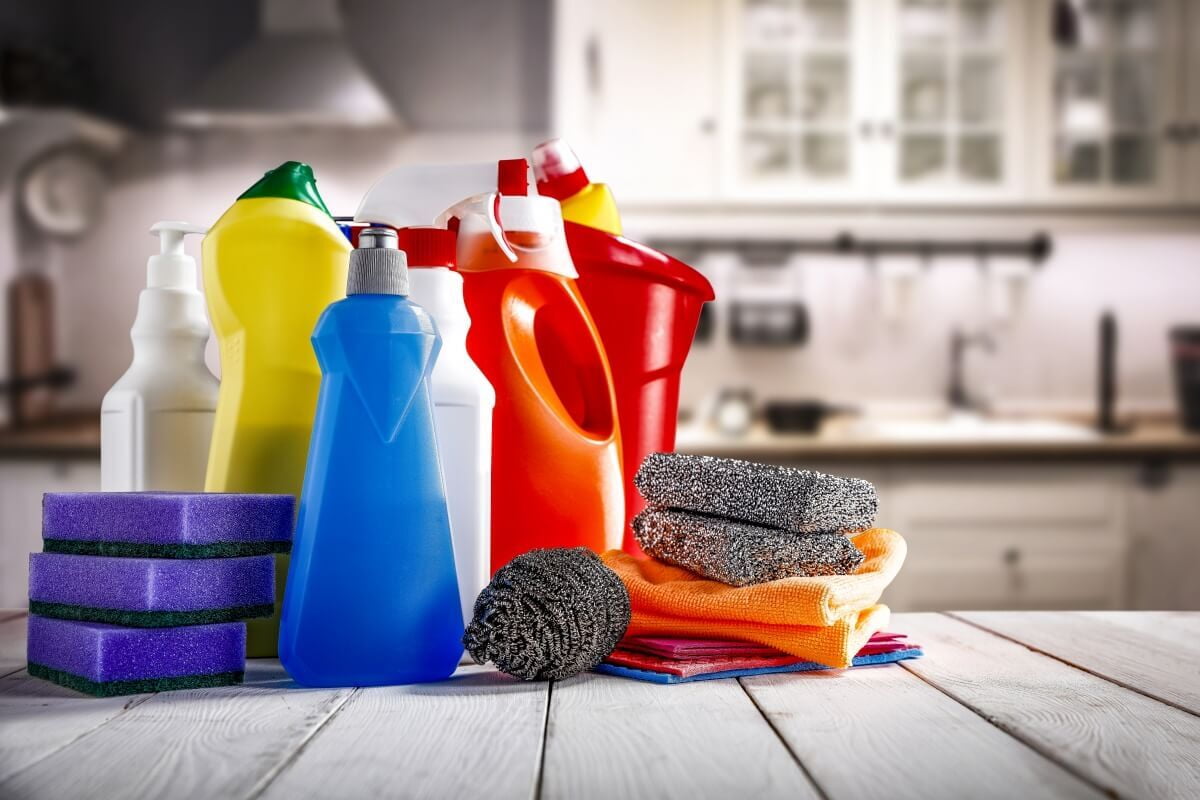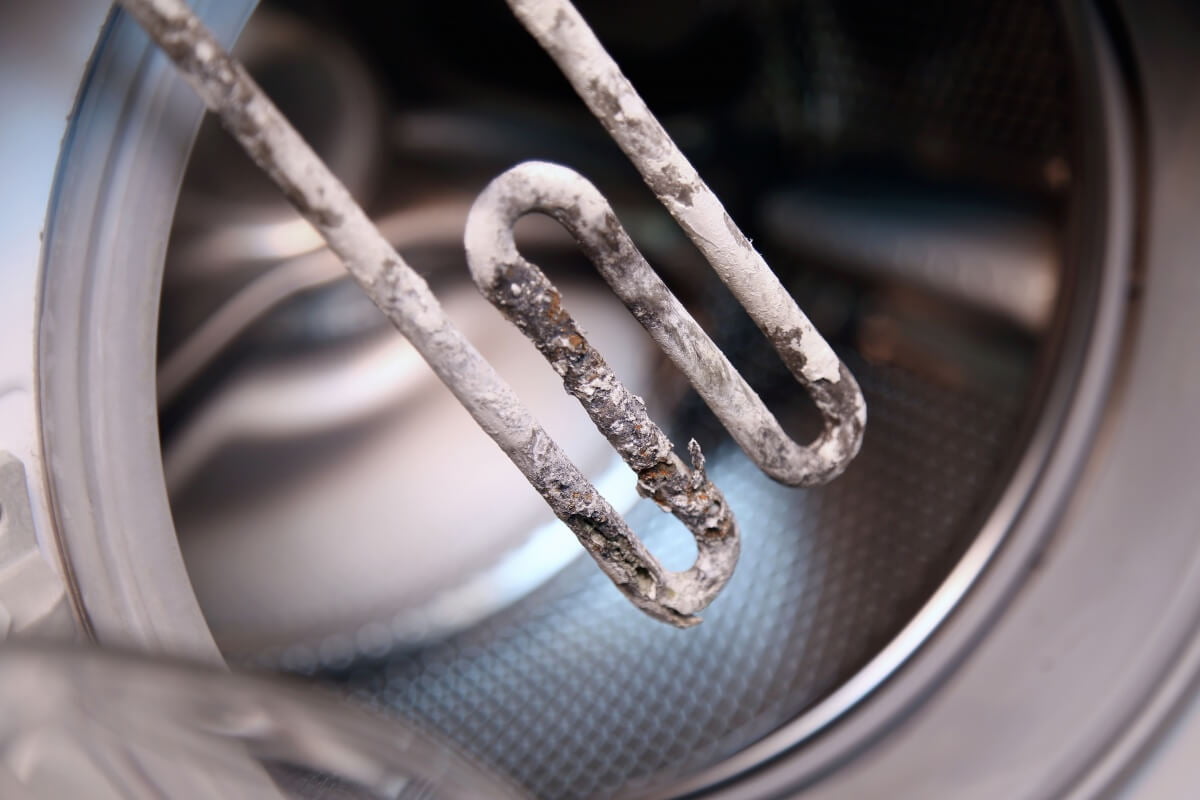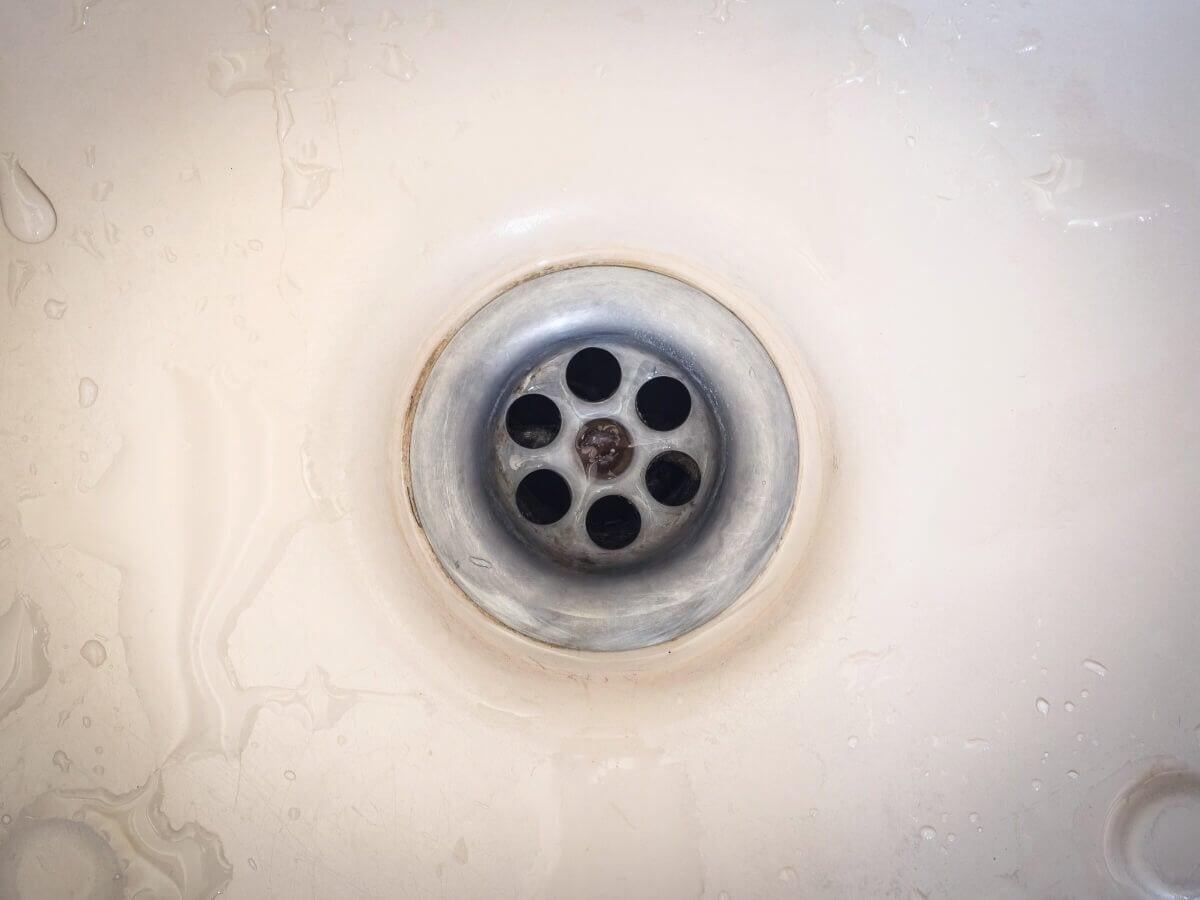Hard water in a household
The unnoticed thief
Water is a powerful solvent which helps to keep clean our bodies, belongings and homes. Its structure in not uniform though and differs across regions. Hard water, which is characterized by significantly higher levels of calcium per litre, shows a drastic performance difference when viewed en masse as a household operating force. High concentration of minerals in hard water demonstrates its existence by requiring a greater volume of cleaning products to be used to create a proper lathering effect. You end up buying more soap, toothpaste, shampoo, shaving cream, as well as cleaning detergents for dishwashing, laundry, house and even car-care. According to some calculations it might be double what a household would spend if they experienced soft water. In addition rinsing the soap off requires a larger amount of water when the water is hard compared to soft.
Lime-scale staining is the most annoying visible sign of hard water. This by-product occurs in the whole water distribution system and affects not only plumbing but all the household appliances which use water. Washing machines and dishwashers bear the brunt of the attack, followed by water heaters, kettles, coffee-machines, ice-makers, ultrasonic humidifiers, irons, vacuum cleaners and all appliances that process water. They work less efficiently or break when minerals build up on the heating elements and cause overheating. Maintenance costs increase as well as do annual household expenditures.
Cinderella`s nightmare
A weaker lather isn’t only rough on your wallet it also leads a less pleasant experience in your day-to-day life at home.Transparent utensils, glass tables and doors get unsightly stains which require additional effort to remove. Lime scale creates an unsightly “bathtub ring” and unpleasant visual appearance on various heating surfaces. Thus, a vicious cycle is created: hard water comes out of your faucet - buy more cleaning products to remove this problem. Rinse and repeat indeed! In addition to reducing cleaning agents by up to two-thirds, soft water makes the clothes softer and prevents staining in sinks, toilets and showers.
Itchy skin and sleepless mothers
Hard water feels uncomfortable in daily contact with skin. Adults are more likely to have problems with clogged pores, skin dryness and irritations. Hair requires more attention as it turns wiry and tangled?. Infants skin is more vulnerable and requires fine water purification for daily hygiene. Because of water hardness, children of various ages are at a higher risk of atopic eczema, a highly disturbing condition for a small patient and their parents. Doctors warn that infants do not have a fully developed skin barrier function which is why it’s ideal for every household with hard water to provide softened water for their children.
Living in a hard water area was associated with an up to 87% increased risk of eczema at three months of age, independent of domestic water chlorine content.**
Broken heart of a dedicated foodie
Preparing tea and coffee with hard water can bring significant disappointment to a true connoisseur. Both drinks loose taste and look less attractive. Especially noticeable is the change in tea color. To brew a balanced cup of coffee, any barista recommends chlorine-free, mildly acidic water with no odor and low concentration of minerals. Cooking with hard water will also require recipe adjustments. Your dessert might be not as delicious either. Around 40% of the dough mass in bread is water. Any minor fluctuations of minerals may exert a noticeable effect on bread quality.*** Hard water overall is less suitable for any type of cooking because it prevents food from revealing its full taste and aroma.
*UNICEF WQ_Handbook_final_signed_16_April_2008
***Bakers Journal, September, 2001



